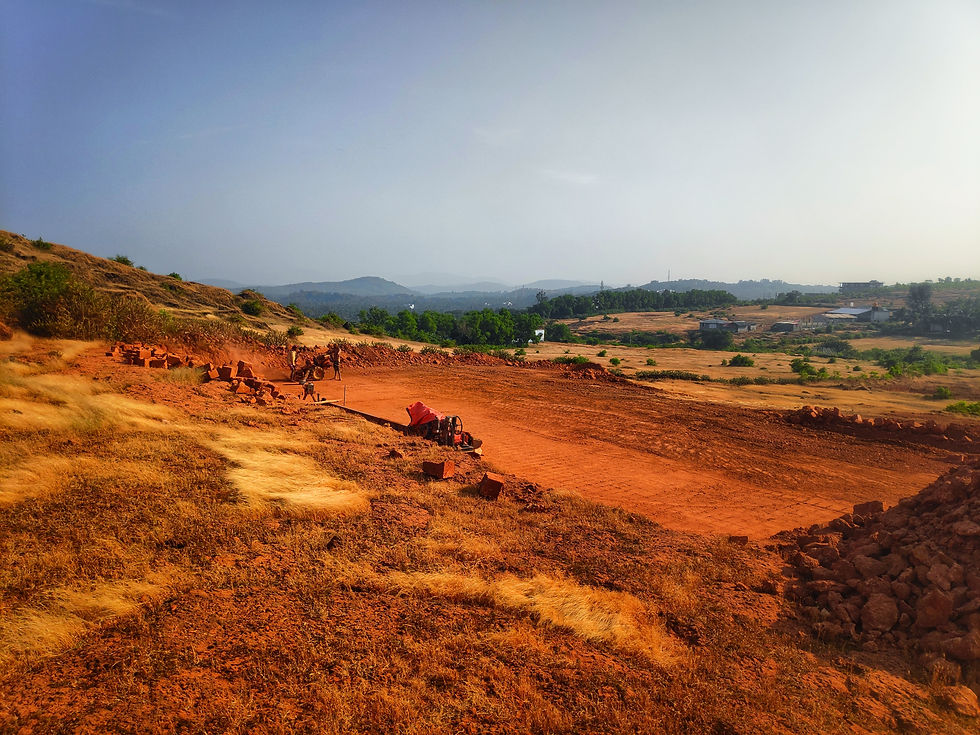
DESING
DESING



Food & Scapes
People & Practices
Religion & Reflections
Culture

f
Food Culture
Food Culture
Food Culture can be defined as the attitudes, beliefs and practices that surround the production and consumption of food.
Food Culture can be defined as the attitudes, beliefs and practices that surround the production and consumption of food.
Living off the Land
Waylon analyses and documents food economics, harvesting, production, preparation, packaging, transport, consumption, and disposal.
Spaces and lifestyle created around produce
understanding existing centralized industrial agriculture, medicine and health to vernacular traditional methods, to emerging new age practices, he interweaves them with landscape architecture and lifestyle design.
Mapping food forests
For Waylon, medium and material are organically defined by the direction and requirement of an assignment – he concentrates on local and regionally available produce, highlighting their integral qualities and histories, besides practicing ethical resource management.
Growing, harvesting and culinary experimentation
The farm-to-table philosophy embraces a sustainable approach to agriculture and dining. At its heart, the concept is simple: there is value in eating locally.
Styling and Storytelling
His culinary explorations lead to assimilation and diversification of global culture with locally diverse and indigenous to invasive ingredients through food design, recipe development, food photography and content

People and practices
Geography-Anthropology is an interdisciplinary program that emphasizes the integration of the two disciplines and the common interest in examining the relationship between human populations and their natural and built environments.
we are going through a period of cultural mass extinction that parallels the biodiversity crisis
we losing a language every 2 weeks
Using documentation as a tool, he often returns to drawing, photography and painting to express anthropological and contemporary themes focused on environmental change.
Documenting materials, lifestyles, human interaction with the environment , through passages of time

Material culture
Craft Documentation 2006 - documented artisanal craft called Manichitrathazu, and Kathakali boxes in Trivandrum, Kerala; comprising the
craftsman’s profile, creation process, history of the craft, influences, and insights into the local lifestyle.
Material and Building
cultivated and naturally growing materials and various traditional ways of usage
from assisting building and documentation of material processes and architecture ; lifestyles , ecologies and geographies which provide these local materials
Crafts, Architecture, and Geoscaping
Craft Documentation 2006 - documented artisanal craft called Manichitrathazu, and Kathakali boxes in Trivandrum, Kerala; comprising the
craftsman’s profile, creation process, history of the craft, influences, and insights into the local lifestyle.

Religion and Ritual
Waylon explores the intersection between ecology, native theology, rites and rituals to bridge lost understanding of their evolution. through discourse and public art installations
Roien Reborn ; Serendipty Festival 2018
The installation strove to bring epiphanies with a wide range of audiences by co-relating an earth goddess Santeri / Shantadurga, with how termites and humans act as a collective species and bringing deep from the earth, material and energy to manifest citadels of our evolution, but are ahead of us by millions of years as recyclers of detritus and custodians of soil and water
The plastic signifies the material we mine like termites and the light as the energy we use to power our vast metropolises, with a yearning that some day we can embody how they benifit the ecosystem around them with their development and colonization of 6 continents.
The gold you see is discarded gift wrappers, along with termite mound soil, iron ore and compost.
The shed snake skin represents Naga, the symbolise the Male Energy, Infinity, Timelessness,They are also associated with waters—rivers, lakes, seas and are guardians of treasure and reside in the underworld/termite mound.
Most of these were salvaged from the goan landscape.
The termite mound symbolically represent goddess Shantadurga as well as goddess Santeri. The worship of ant-hills may have originated among aboriginal tribes of Konkan. In most areas, the sacred termite mound is identified with a village goddess (in pastoral areas, a god). The deity does not represent the anthill, or vice versa; the anthill is the deity, and the deity is the anthill: mound and deity are regarded as one.


























































































